T4K3.news
Georgia home meteorite dates to 4.56 billion years ago
A cherry tomato-sized fireball struck a metro Atlanta house and scientists say the rock formed 4.56 billion years ago.
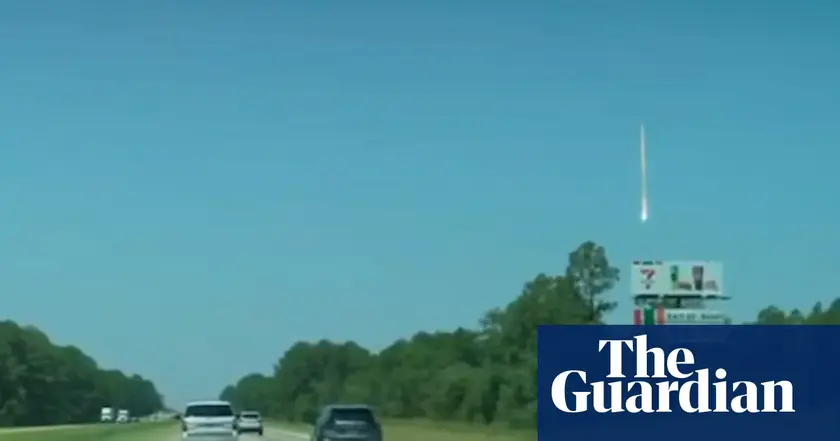
A cherry tomato-sized fireball that pierced a metro Atlanta home is identified as a 4.56 billion-year-old meteorite.
Meteorite that hit Georgia home dates to 4.56 billion years ago
A cherry tomato-sized fireball crashed through the roof of a metro Atlanta home in June and was later identified as a meteorite formed about 4.56 billion years ago. University of Georgia planetary geologist Scott Harris examined 23 grams of fragments from the rock and confirmed the age, placing it among material that once drifted in the main asteroid belt between Mars and Jupiter.
The team plans to propose the name McDonough Meteorite to the nomenclature committee of the Meteorological Society. Officials noted that the rock was part of a witnessed fall and that space dust continues to appear in the homeowner's living room. The incident shows how advances in technology and public reporting help scientists recover meteorites and study their origins to understand possible threats from larger asteroids.
Key Takeaways
"This particular meteor that entered the atmosphere has a long history before it made it to the ground of McDonough"
Harris describes the meteorite's long journey before ground impact
"Modern technology in addition to an attentive public is going to help us recover more and more meteorites"
Harris on the role of tech and citizen reports in discoveries
"One day there will be an opportunity, and we never know when it’s going to be, for something large to hit and create a catastrophic situation"
Harris cautions about planetary defense
This local event connects a neighborhood to the long history of the solar system. It also highlights how technology and citizen sightings expand what science can learn from space rocks. While the science is fascinating, the case underscores the need for careful science communication about planetary defense and the limits of what a single fall can tell us.
Highlights
- Space rocks tell our planet its oldest stories
- Public eyes on the sky keep science moving
- Tiny fireballs, big lessons for researchers
- Science grows from ground up and data from the public
Public interest and safety considerations
The piece touches on a real local incident and a potential asteroid threat. The focus on a single event could invite sensationalism or misinterpretation about planetary defense. It also raises expectations for future meteorite finds among the public.
The night sky still hides its secrets and curiosity keeps science awake
Enjoyed this? Let your friends know!
Related News
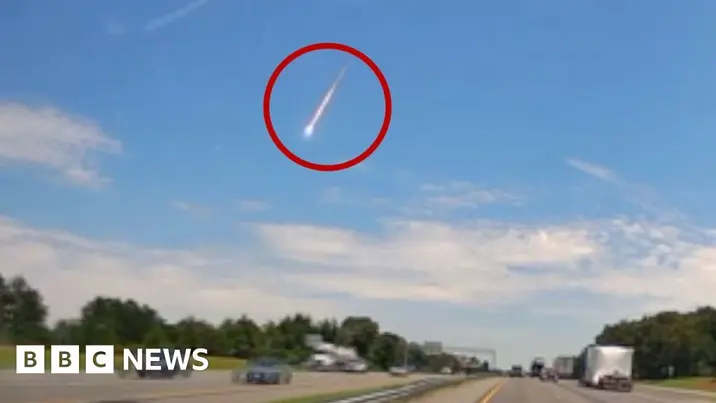
Meteorite found in Georgia
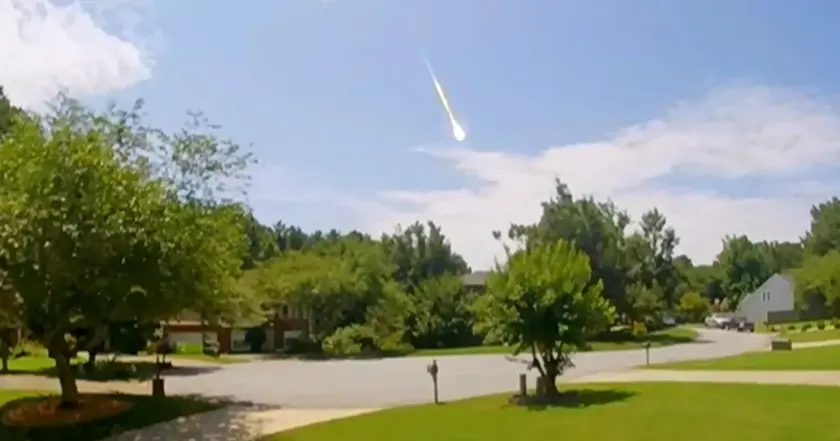
Georgia meteorite older than Earth
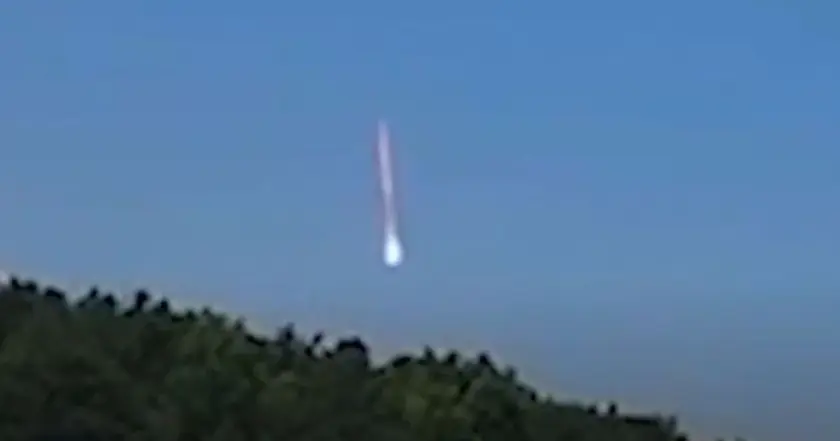
McDonough meteorite predates Earth
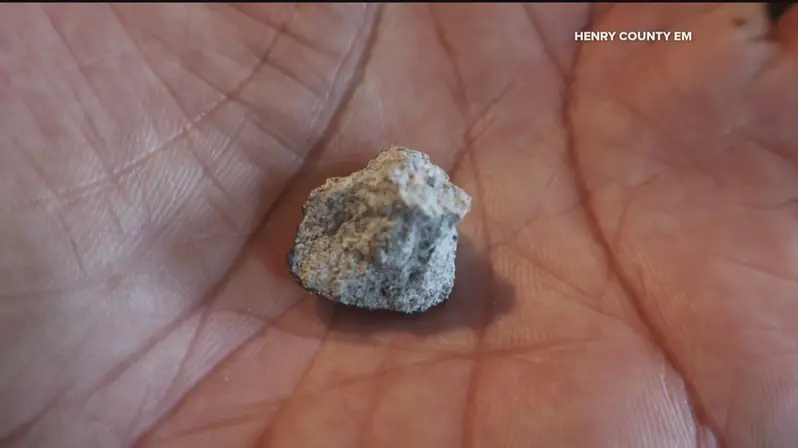
Meteorite found in Georgia home dates back to origins older than Earth

Meteorite in Georgia older than Earth
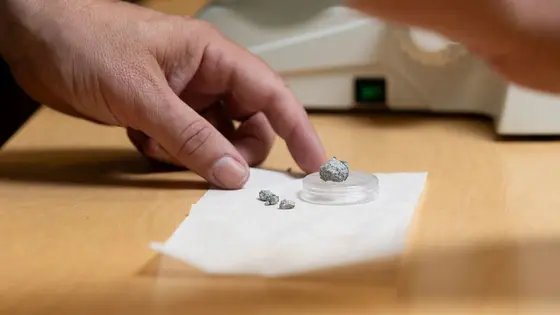
Georgia meteorite older than Earth identified

Meteorite from asteroid belt hits Georgia home

Ancient meteorite found in Georgia ages older than Earth
